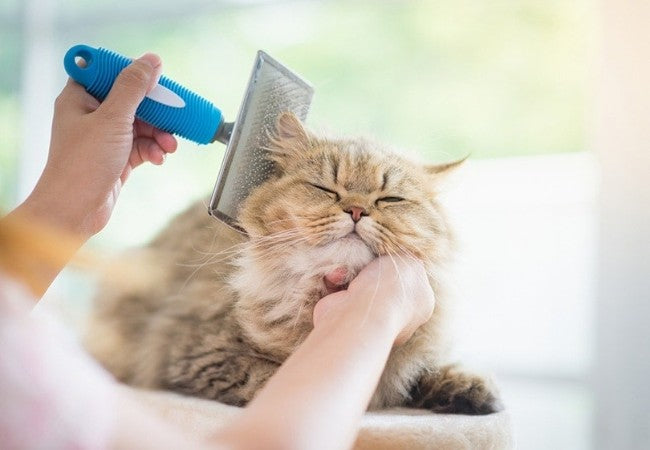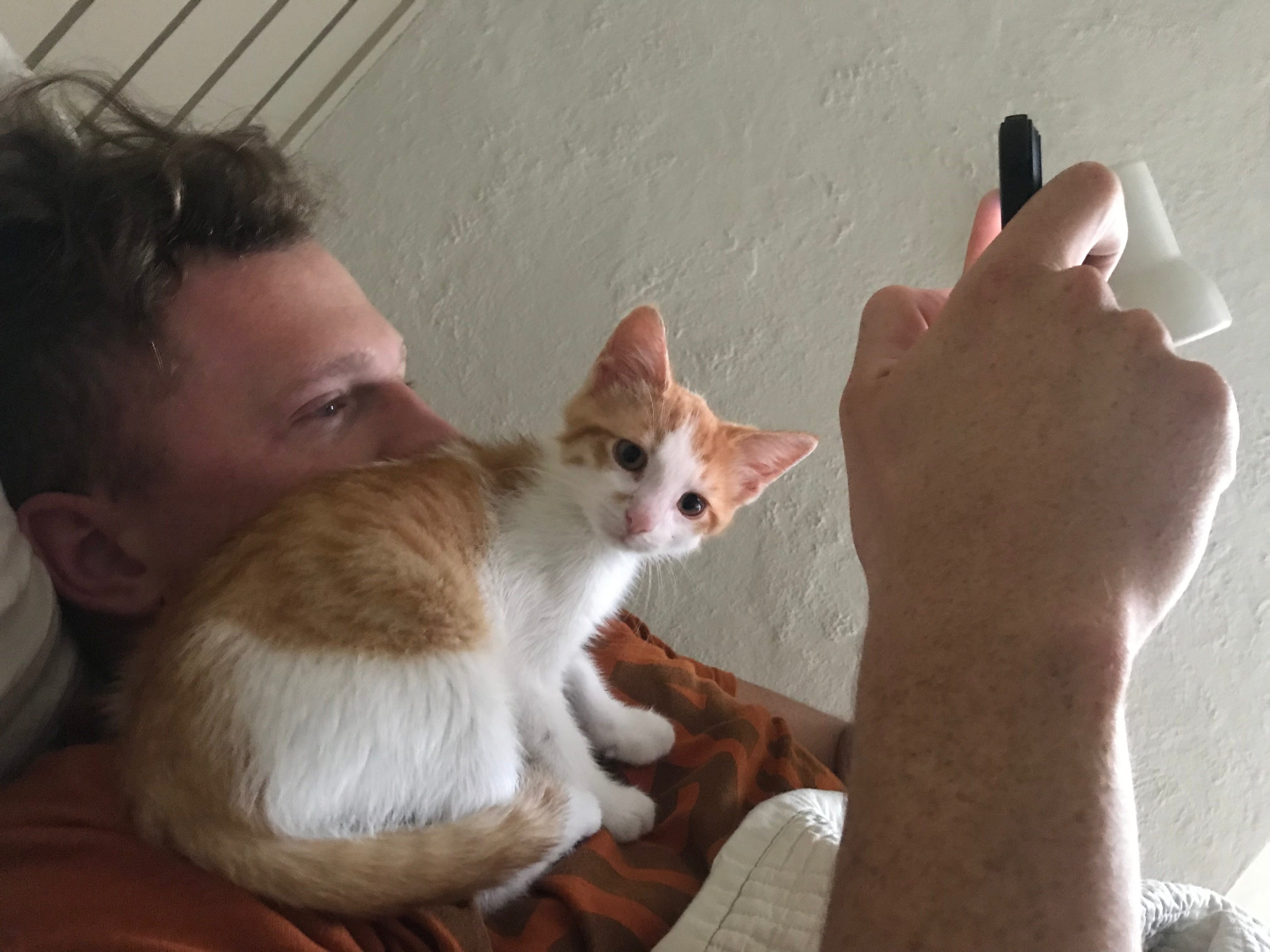Help Your Cat Be Sociable 2025: Vet-Approved Tips for Friendly Cats 🐱🤝

In this article
Help Your Cat Be Sociable 2025: Vet-Approved Tips for Friendly Cats 🐱🤝
By Dr. Duncan Houston BVSc
Cats can sometimes display aggression due to fear, anxiety, territorial instincts, or health issues. While each cat is unique, there are strategies you can use to help them feel safer, more confident, and more willing to interact with people.
1. Gradual Socialization
Proper socialization is key, especially if your cat missed out on early social experiences:
-
Start with quiet, calm introductions.
-
Invite a friend to sit quietly in the same room, allowing your cat to approach on its own terms.
-
Over time, your cat may associate visitors with positive experiences.
2. Use Positive Reinforcement
Reward friendly behavior around people:
-
Treats, gentle petting, or verbal praise work well.
-
Avoid scolding or punishing fearful or aggressive behavior — this can reinforce negative associations.
3. Provide Safe Spaces
Cats feel more secure when they have control over their environment:
-
Add elevated areas, like cat trees, shelves, or window perches.
-
Safe spaces let cats observe from a distance and retreat if they feel threatened, reducing aggressive reactions.
4. Incorporate Playtime
Play helps your cat associate fun with people:
-
Use toys to engage your cat in interactive play.
-
Encourage friends or family members to participate.
-
Regular play strengthens bonds and reduces stress.
5. Consider Feliway or Pheromone Products
Feliway plug-ins or sprays mimic natural feline facial pheromones, creating a sense of security:
-
Can help reduce stress and aggression.
-
Useful during new introductions, visitors, or changes in the home.
6. Rule Out Health Issues
Aggression can sometimes be pain-related:
-
Sudden behavior changes warrant a veterinary checkup.
-
Treating underlying health problems can improve mood and behavior.
7. Seek Professional Behavioral Help
If aggression persists or is severe:
-
A certified animal behaviorist can create a personalized plan.
-
Professionals can identify triggers and provide strategies to reduce fear and aggression safely.
🐾 Final Tips
-
Be patient and consistent — behavior change takes time.
-
Understand that each cat is an individual, and progress may vary.
-
Combining socialization, positive reinforcement, safe spaces, and play can help your cat become more sociable and friendly over time.
With time, understanding, and proper guidance, even shy or aggressive cats can learn to feel secure and develop more positive relationships with people.








